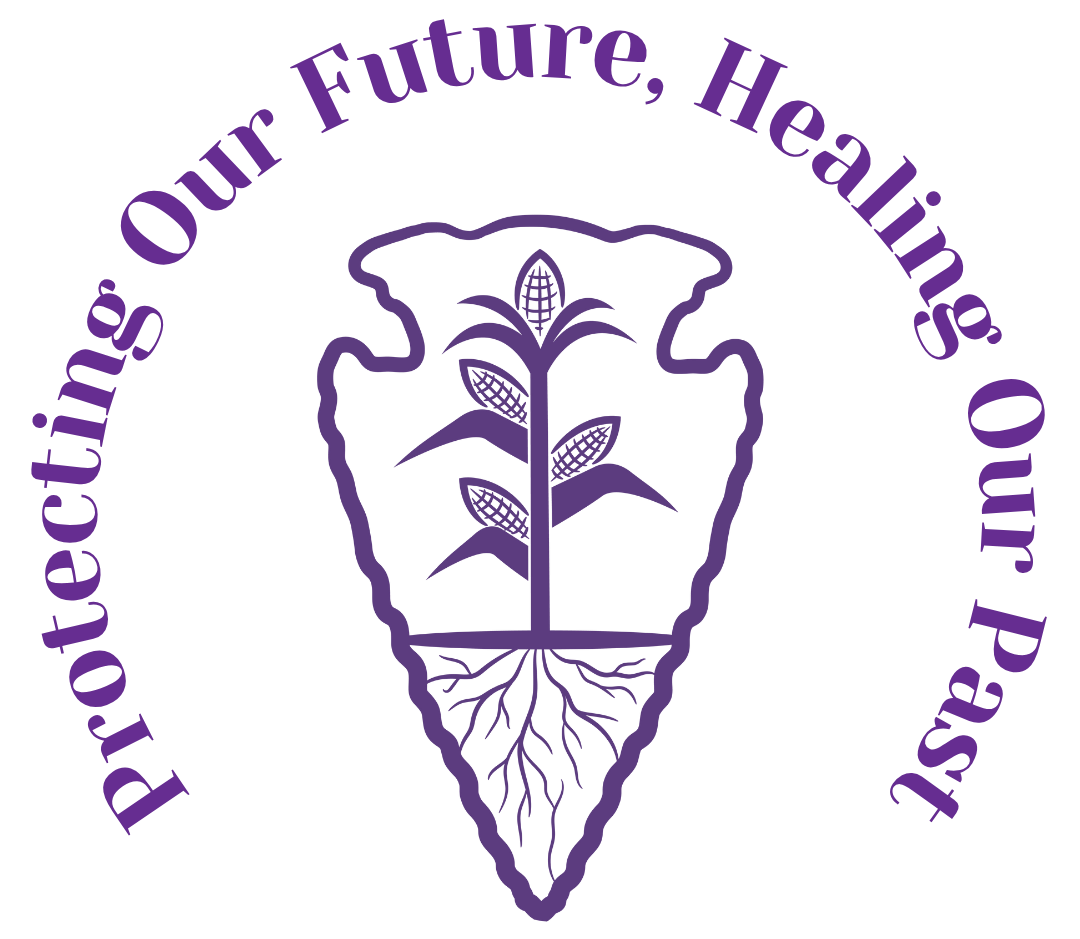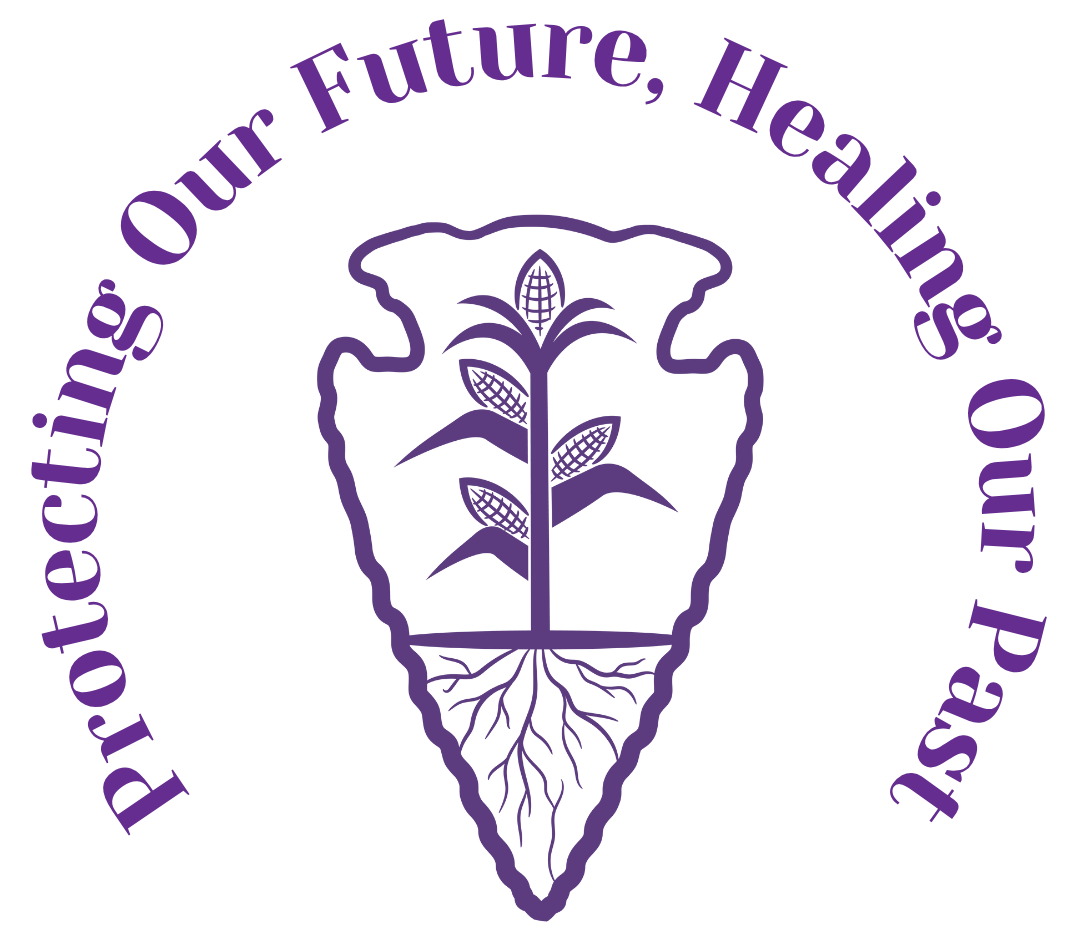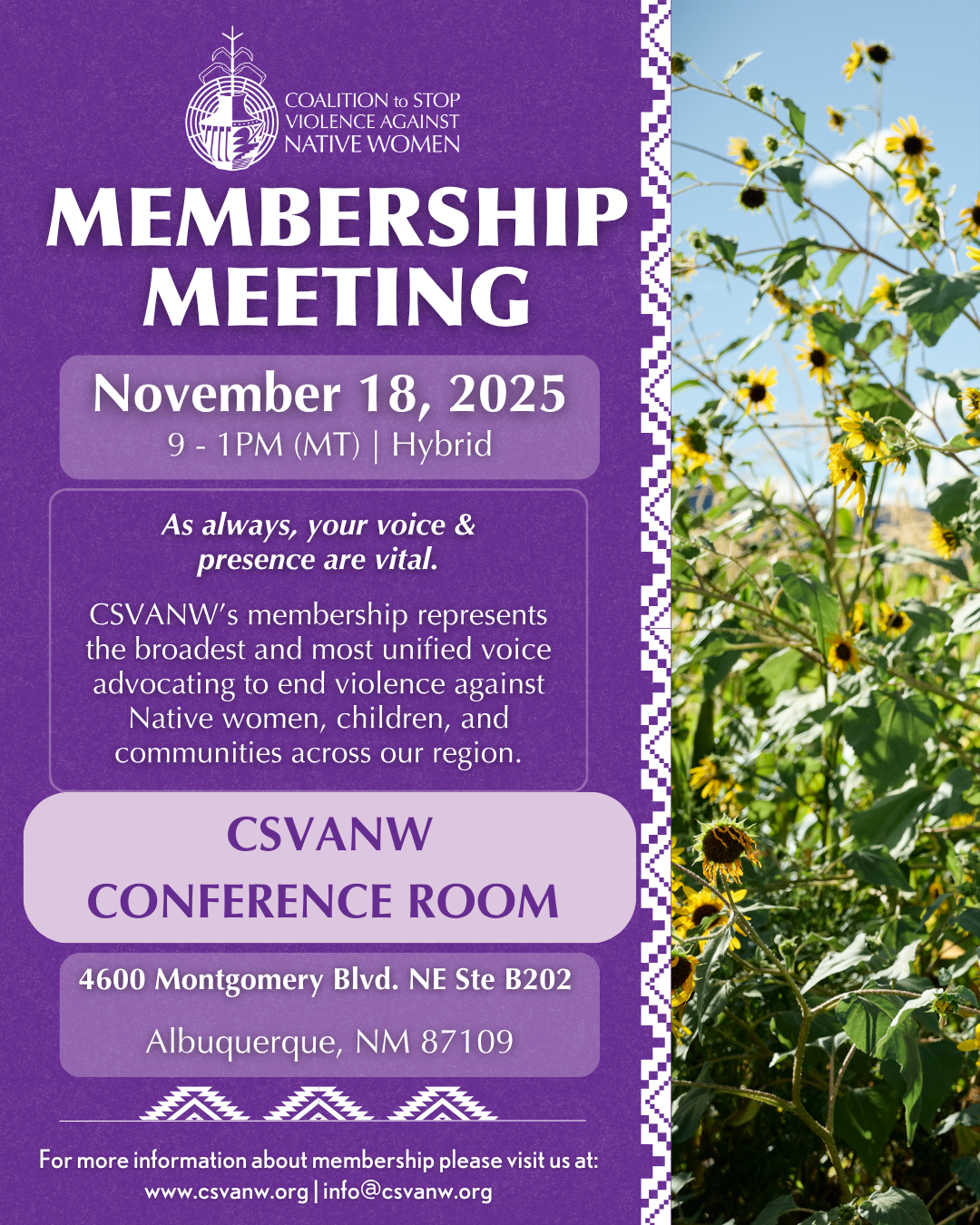Gender-based violence has been present in tribal communities since colonization, tied to the historical and ongoing oppression of Native people’s bodies, lands, and sovereignty. Gender-based violence encompasses all types of abuse that women, girls, Two-spirit, transgender, and non-binary relatives can experience. This violence can include domestic violence and intimate partner violence, physical, sexual, mental, and economic forms of abuse. At CSVANW, we strive to support tribal communities, advocates, and providers who are engaging in anti-violence work.
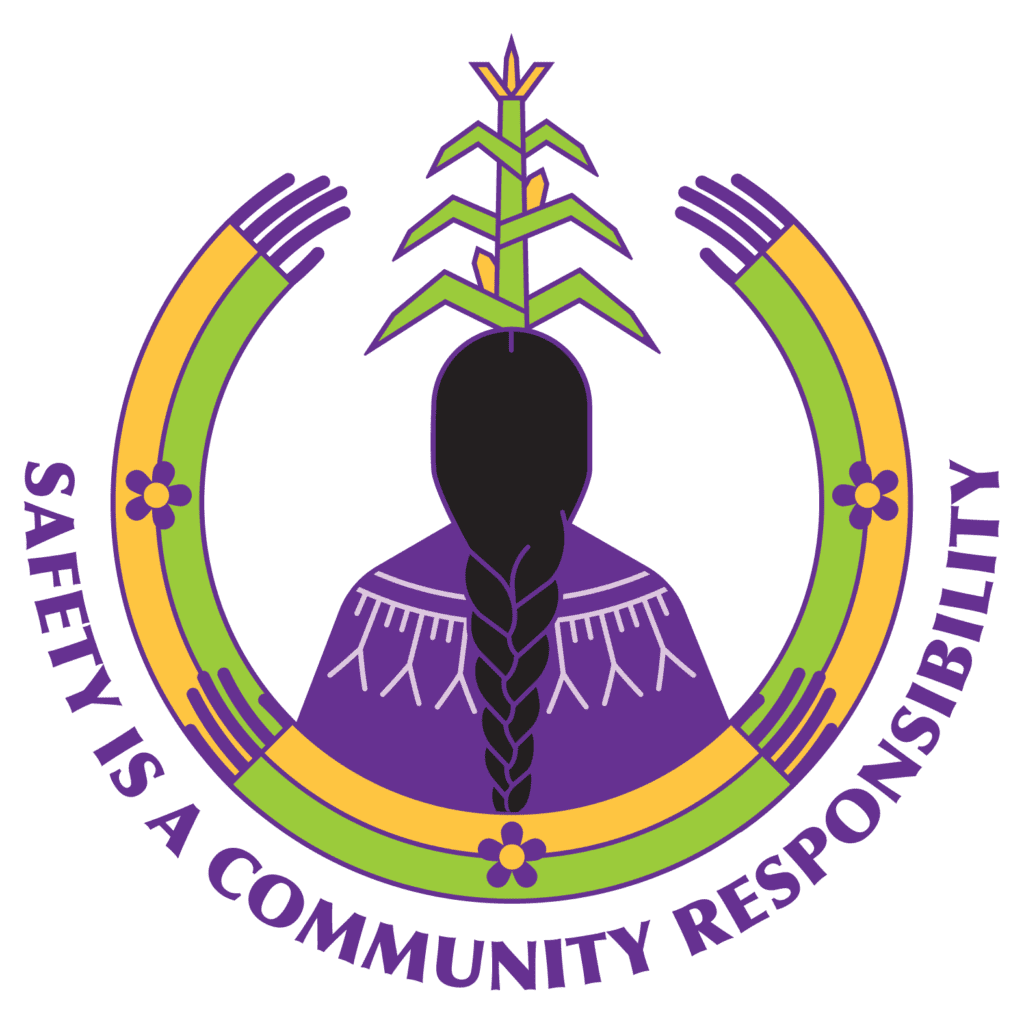
Statistics



About Gender Based Violence (GBV)
GBV encompasses all types of abuse that women, girls, Two-spirit, transgender and non-binary relatives experience. Violence can include physical, sexual, mental, and economic forms of abuse.
Anyone can experience violence, no matter their background, identify or circumstance. But women, girls, and gender-diverse folks are at higher risk of gender-violence. This includes Indigenous women, Women of Color, women with disabilities, women who are unhoused, etc.
The Most Common Forms of Intimate Partner Violence include:
- Physical Violence
- Sexual Violence
- Stalking
- Economic Abuse
- Ritual or Cultural Abuse
- Emotional Abuse
- Technological Abuse
- Neglect
- Digital Abuse
- Controlling Behavior
Trainings & Events
Upcoming GBV Trainings:
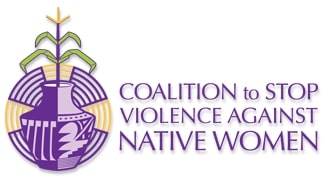
November 19, 2025 4:00 pm
Looking to the Future
Continuing to collaborate with CSVANW’s policy and advocacy department to build awareness on all forms of gender-based violence such as domestic violence, intimate partner violence, sexual violence, MMIWR, and sex-trafficking with the goal of providing more knowledge to our advocates, tribal communities, state and national legislatures.

